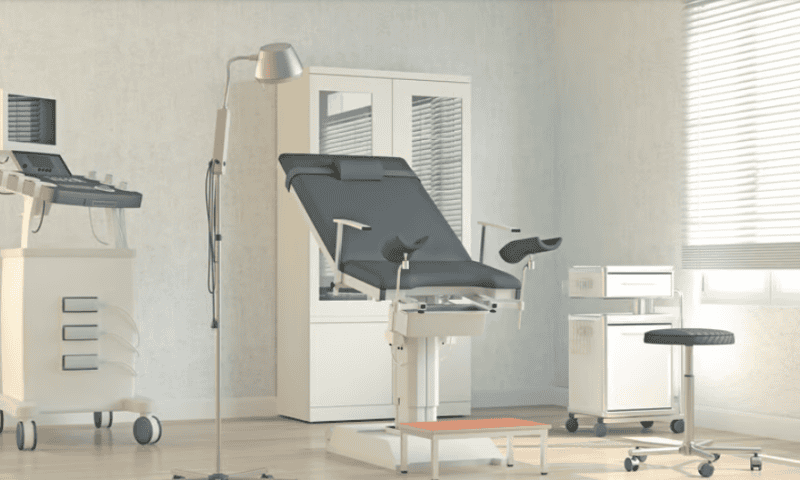The FDA has approved two diagnostic devices that allow women to collect vaginal samples themselves for cervical cancer screening—a major step toward catching more early and potentially preventable cases without requiring an invasive gynecological exam.
The separate self-collection offerings from BD and Roche still need to be used in a healthcare setting—they have not received agency green lights for solo, at-home use—but the two companies said the move could improve access to screening by enabling HPV testing at locations such as retail pharmacies or mobile clinics.
HPV, or human papillomavirus, causes nearly all cases of cervical cancer, but Pap smear tests to spot the signs of infection have traditionally been performed by a clinician using stirrups and a speculum.
“Many patients are uncomfortable with the intimate nature of a pelvic exam,” said Jeff Andrews, BD’s vice president of global medical affairs for diagnostics and a board-certified gynecologist.
“Also, many people live in areas without a local doctor or clinician trained to obtain a sample with a speculum. The option to self-collect in a clinical setting can help women overcome some of these barriers,” Andrews said in a statement.
BD’s Onclarity HPV assay and Roche’s cobas test were approved for primary testing without a traditional Pap smear test.
“With vaccinations, innovative diagnostic tools and screening programs, achieving the [World Health Organization]’s goal of eliminating cervical cancer by 2030 is within reach,” said Roche Diagnostics CEO Matt Sause. “Our HPV self-collection solution helps support this goal by reducing barriers and providing access to HPV screening by allowing people to privately collect their own sample for HPV testing.”
According to the American Cancer Society, about half of new cervical cancer cases are diagnosed in people that have never been screened while about 10% are found in people who have not been tested as often as recommended.
BD also cited a statistic from the NIH’s National Cancer Institute, saying about 25% of women in the U.S. do not receive regular screening. Roche and BD both worked with the NCI’s ‘Last Mile’ initiative for cervical cancer, a public-private partnership aimed at developing accurate self-collected HPV tests. The disease is largely preventable and treatable if caught early.
BD said it expects self-collection can especially improve screening rates in underserved populations.Black, Hispanic and American Indian women have higher rates of cervical cancer than other groups, and Black women have the highest rate of death.
Additionally, many women do not get screened due to providers not being locally accessible while a history of sexual, physical or psychological abuse may make traditional pelvic examinations a traumatizing event.
Other startups are also developing self-collection hardware for cervical cancer screening. San Francisco-based Teal Health recently received a breakthrough designation from the FDA for its at-home Wand device, and reported this month that it has completed a clinical trial.
The 215-person study showed that 94% of women said they would choose self-collection over the current standard of care, while 87% said they would be more likely to get screened if the Teal Wand kit was an option, which sends the sample through the mail to a certified lab for a standard HPV test.

